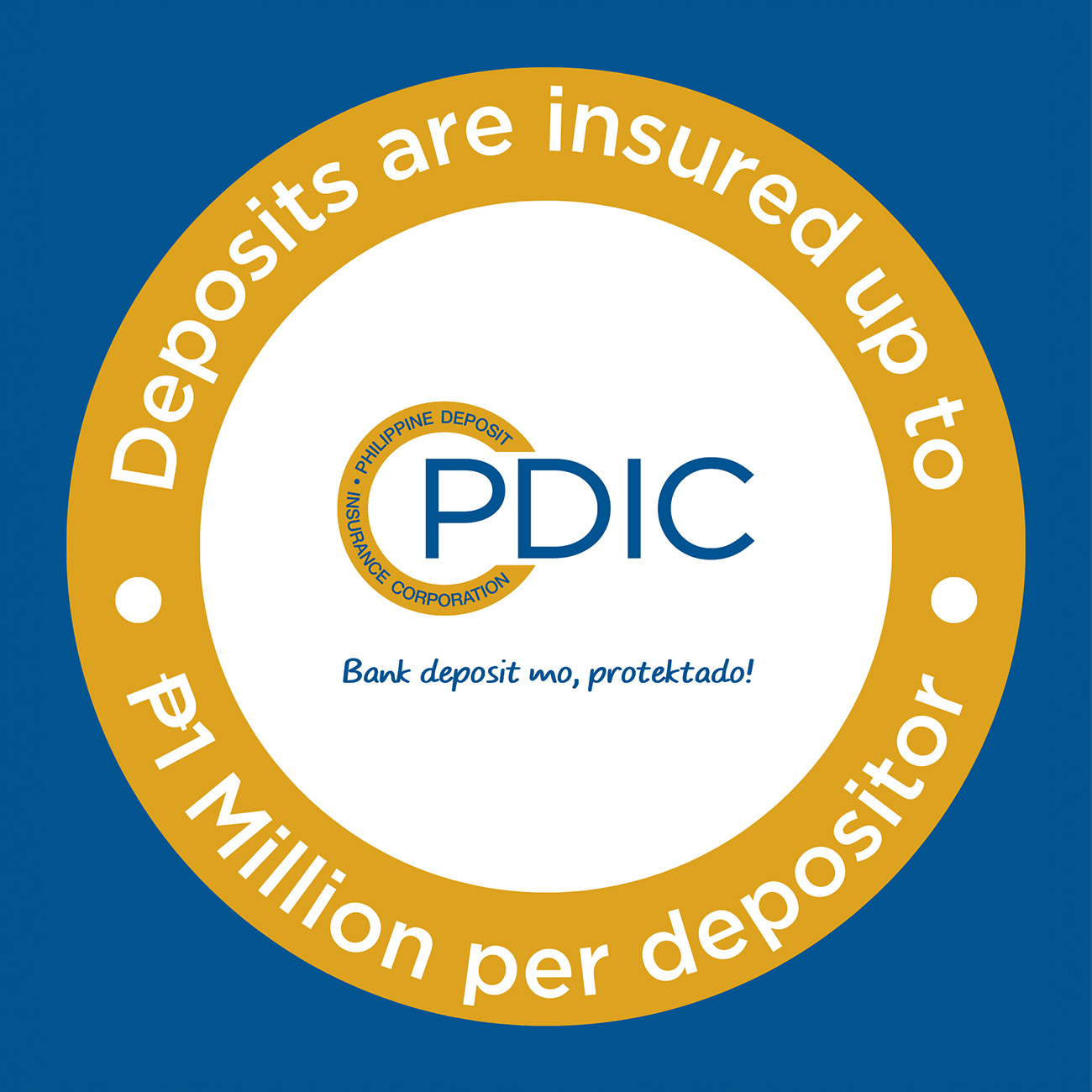Overseas Filipino Workers (OFW) are so-called “modern heroes” for a reason — not only do they strive for their families in the Philippines, but they also play a vital role in the economy, contributing significantly through their remittances.
For many OFWs, however, embarking on a journey overseas mean navigating various financial responsibilities such as budgeting, saving, investing, and sending remittances back home, all while adapting to the challenges of living and working in a foreign environment.
On top of this, OFWs also struggle with the emotional weight of departing from home and being separated from their loved ones.
Despite these challenges, there are various approaches that can alleviate their financial burden. By implementing proactive strategies, OFWs can regain control over their finances and confidently handle the intricacies of their financial journey.
Having a financial goal can serve as a beacon for OFWs as they create their budget — whether saving for a dream home, funding their children’s education, or building up a nest egg for retirement.
Crafting a budget resembles sailors charting a course — while mapping out the routes, they also mark risky places to avoid. In a similar vein, OFWs can take advantage of a budget to track where their income is spent and how their expenses impact the amount they can send to their families back home.
When making a budget, it is not always about grabbing a pen and paper to jot down tables and numbers. Nowadays, OFWs can easily manage their finances with mobile applications. Banking apps even come equipped with AI features that assist in monitoring spending and saving habits.
Working abroad exposes OFWs to many uncertainties. Calls from their families needing financial help or a sudden job termination could cause a significant dent in their finances.
This underscores the importance of setting up an emergency fund, which will serve as an anchor for financial security.
In setting up an emergency fund, it is often recommended to save up at least three to six months’ worth of living expenses. This buffer provides reassurance and stability in times of circumstances like medical emergencies or unforeseen family obligations.
As banks adapt to digitalization, it has become easier to open savings accounts, which OFWs can conveniently send money to through remittance platforms.
Additionally, they can consider financial solutions customized to assist in their savings goals and facilitate easy access to funds for their families back home.
The steady flow of remittances serves as a lifeline connecting OFWs to their loved ones back home. To maximize the impact of their remittances, they must do their research on various remittance platforms, compare their fees, exchange rates, and delivery times, as well as consider any additional services or benefits they may offer.
The steady flow of remittances serves as a lifeline connecting OFWs to their loved ones back home.
It is also as important to see how secure and reliable the remittance channels are. For example, a tracking feature would be handy as it allows OFWs to monitor whether their families have successfully received their remittances.
A big bonus is if they can find remittance platforms that can even help them send money with zero fees.
For financially prudent OFWs, adjusting their sails to catch the winds of investment opportunities becomes the natural next step.
Venturing into the investment space can help OFWs invest their hard-earned money and grow their wealth. However, doing so is entirely on a different path, one that demands careful research, risk assessment, and a higher level of financial literacy.
Banks have streamlined the investment process, offering tailored solutions that cater to the unique financial goals of OFWs, making investing easy and convenient for them to consider. Some of their choices are stocks, bonds, and mutual funds, each offering unique benefits and opportunities for financial growth.
During financial hardships, OFWs may find themselves drawn to loan sharks as a quick solution. While the accessibility of financing from these sources can appear enticing, the exorbitant interest rates and absence of security pose significant risks.
OFWs, in general, must approach debts with caution — it is best to use credit sparingly and prioritize settling existing obligations. This will help them build and maintain a good credit standing, which is, in turn, essential for accessing favorable loan terms and interest rates from reputable financial institutions.
In cases where borrowing becomes necessary, OFWs can leverage their good credit standing to access safer and more transparent lending options such as personal loans from trusted banks, thus mitigating the risks associated with loan sharks and safeguarding their long-term financial health.
Through prudent budgeting, strategic investments, and savvy remittance management, OFWs can do more for themselves and their loved ones back home, en route to brighter horizons.


